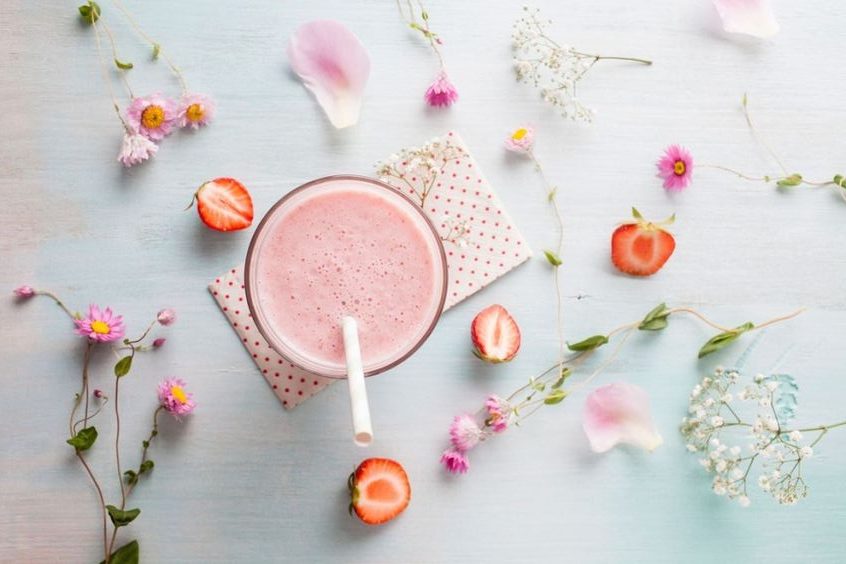Are you confused about whether you need to add a protein supplement into your diet, now that you’re working out?
The most common questions asked are, how much do I need? Should I include more in my diet? Or is a protein powder enough?
We answer all your questions on protein supplements.
What is Protein?
Yeah you’ve heard of it but do you actually know what it really is?
Protein is a macronutrient (others include fats and carbs) that makes up food you consume. We need to eat protein because it is responsible for repairing cells (such as muscle tissue) and making new ones.
So if you are training, you require a certain amount of protein to repair your muscles after a session. Protein is also very satiating meaning it keeps you fuller for longer.
How much protein do I need?
Dietary Guidelines recommend you consume 0.8g per kilogram of bodyweight. This is the minimum you need to meet basic daily nutritional requirements. For example, a 72kg/5’9″ woman this works out to be 72 x 0.8 = 57.6g per day.
I fit these measurements, however I deliberately eat substantially more protein than this, probably three times as much daily. Why? Because I have an extremely active job as a fitness trainer and I also train 5 days per week at high intensity. To get my muscles the recovery they need, 58 grams per day probably wouldn’t be sufficient. remember, they are dietary guidelines- everyone is different.
Ever heard of the expression KISS or Keep It Simple Stupid? The same applies with protein intake.
Clinical nutritionist, Dr Josh Axe recommends making 30 per cent of your plate a high-quality protein source. Some ideas include some Greek yogurt for breakfast, a can of tuna or boiled eggs for a snack and/or lean meat for lunch and dinner.
You’re recommended daily intake only says you need 57g per day, why should you include protein with most meals?
Protein based foods keeps you fuller for longer and often have a better nutritional content than carb sources such as white bread, pasta, cakes, doughnuts and lollies. Have protein with carbs and fats means you are less likely to over-eat, a simple way to eat smarter and control your calories without obsessing over counting them or restricting your diet.
Do you need a protein powder supplement?
A protein powder supplement is exactly that- a supplement to your diet. If you cannot meet your protein goals with whole foods, find it hard to get in protein throughout the day due to a busy work-life, you are a vegetarian/vegan or are just a very fussy eater, this is when a protein powder may help you.
There are many on the market, best bet is to look for one will lower sugar and carb content (less than 3-4 grams)



